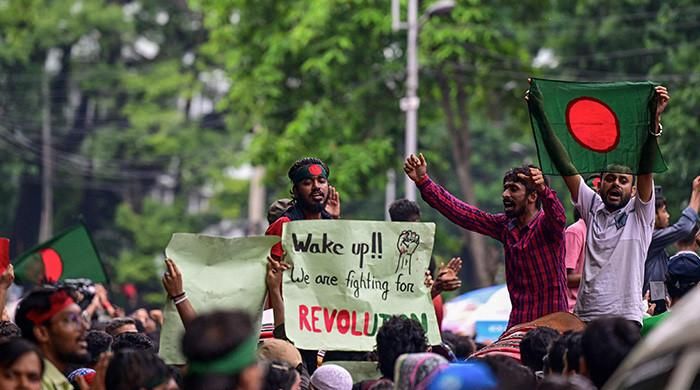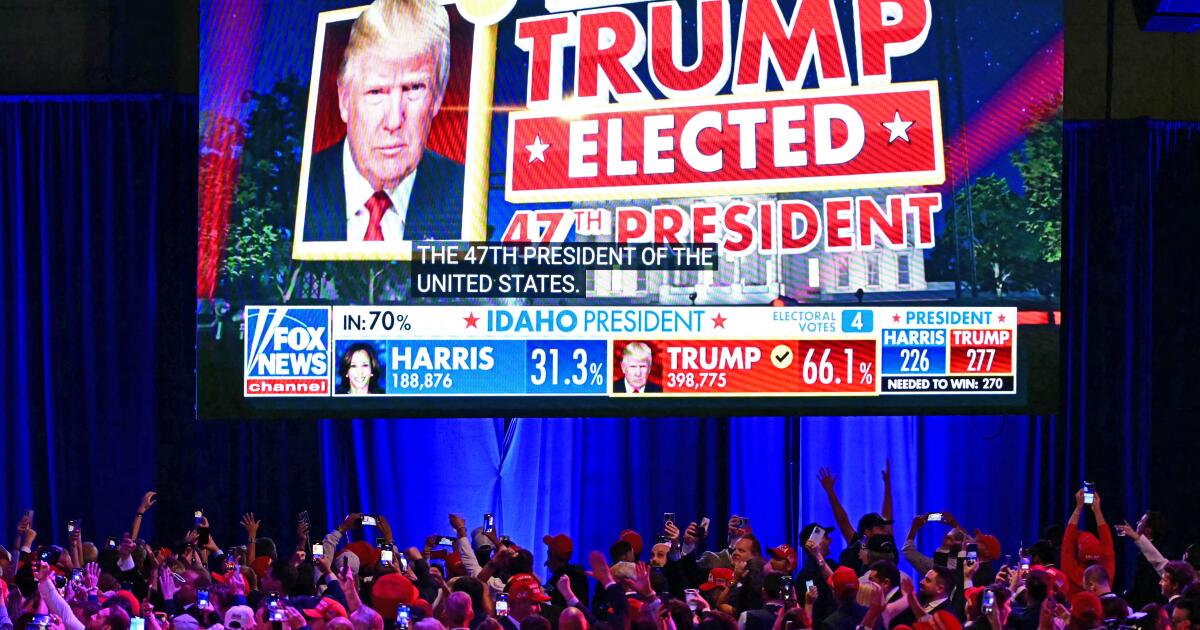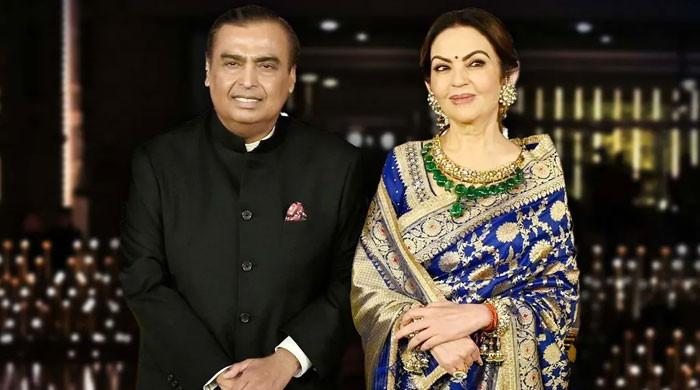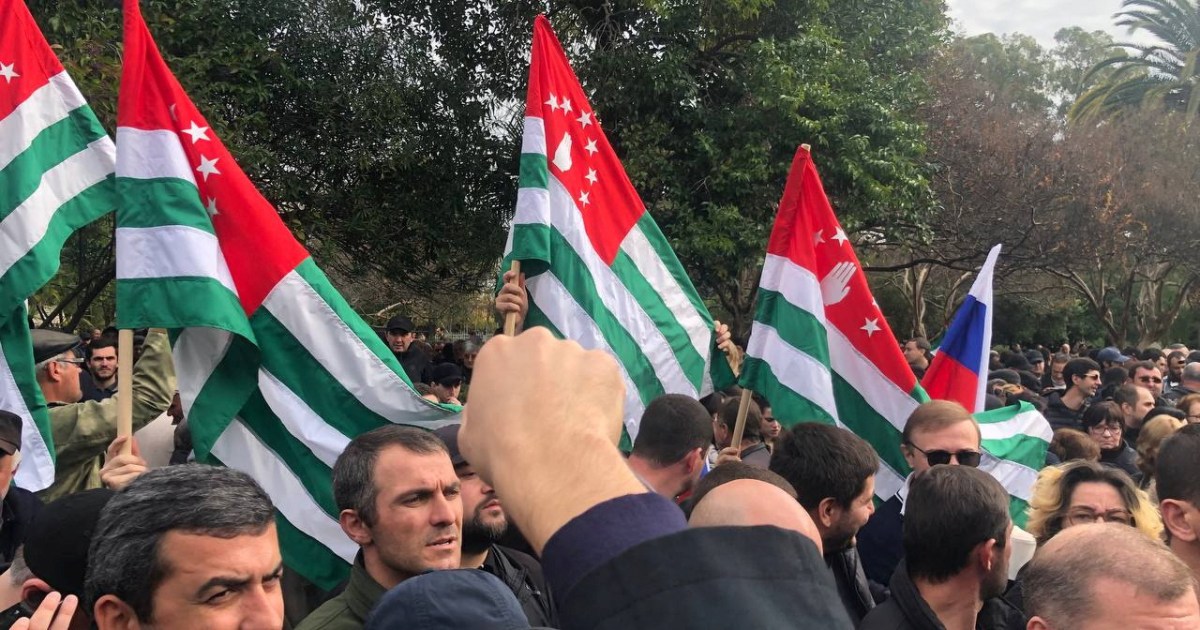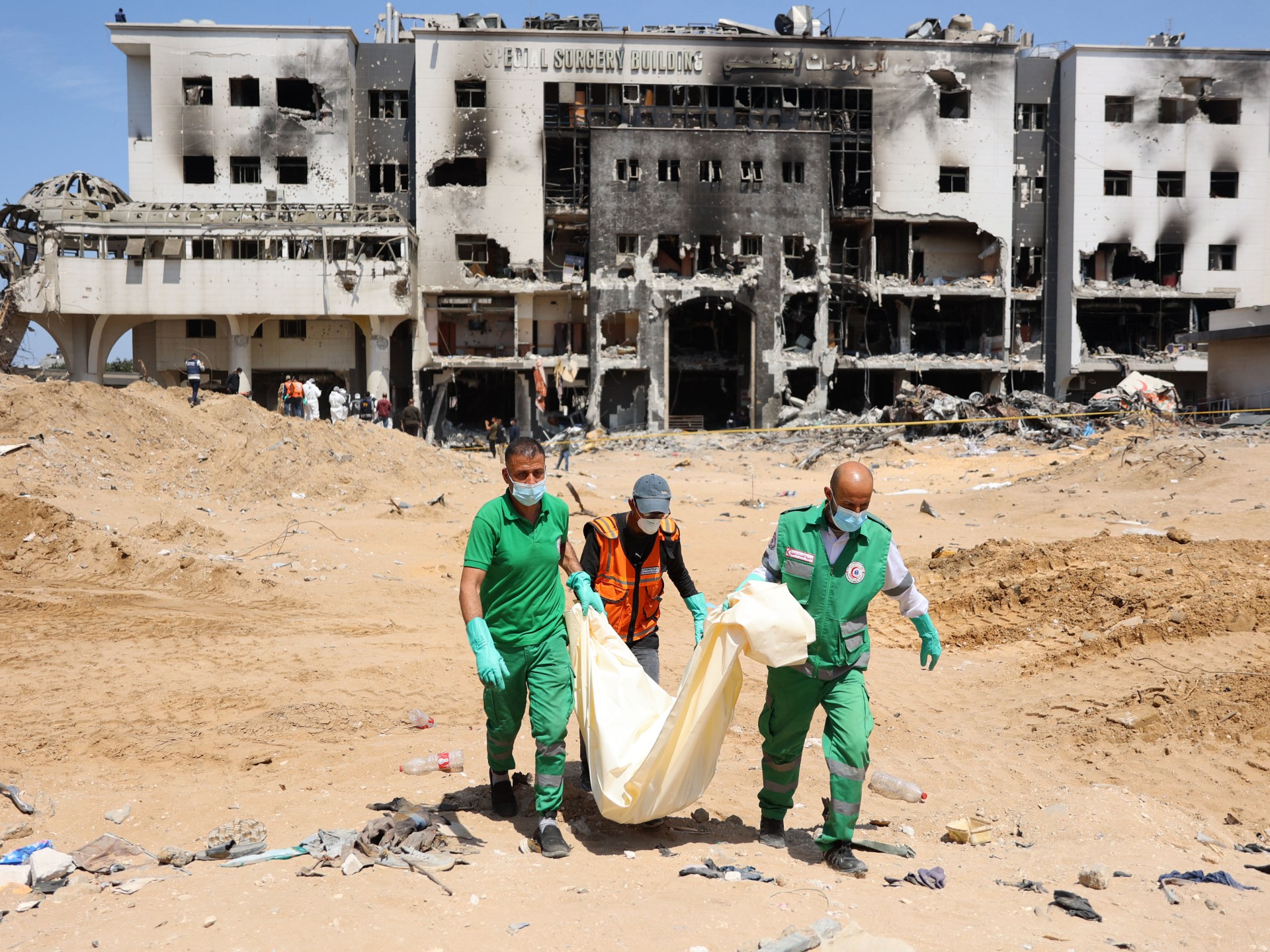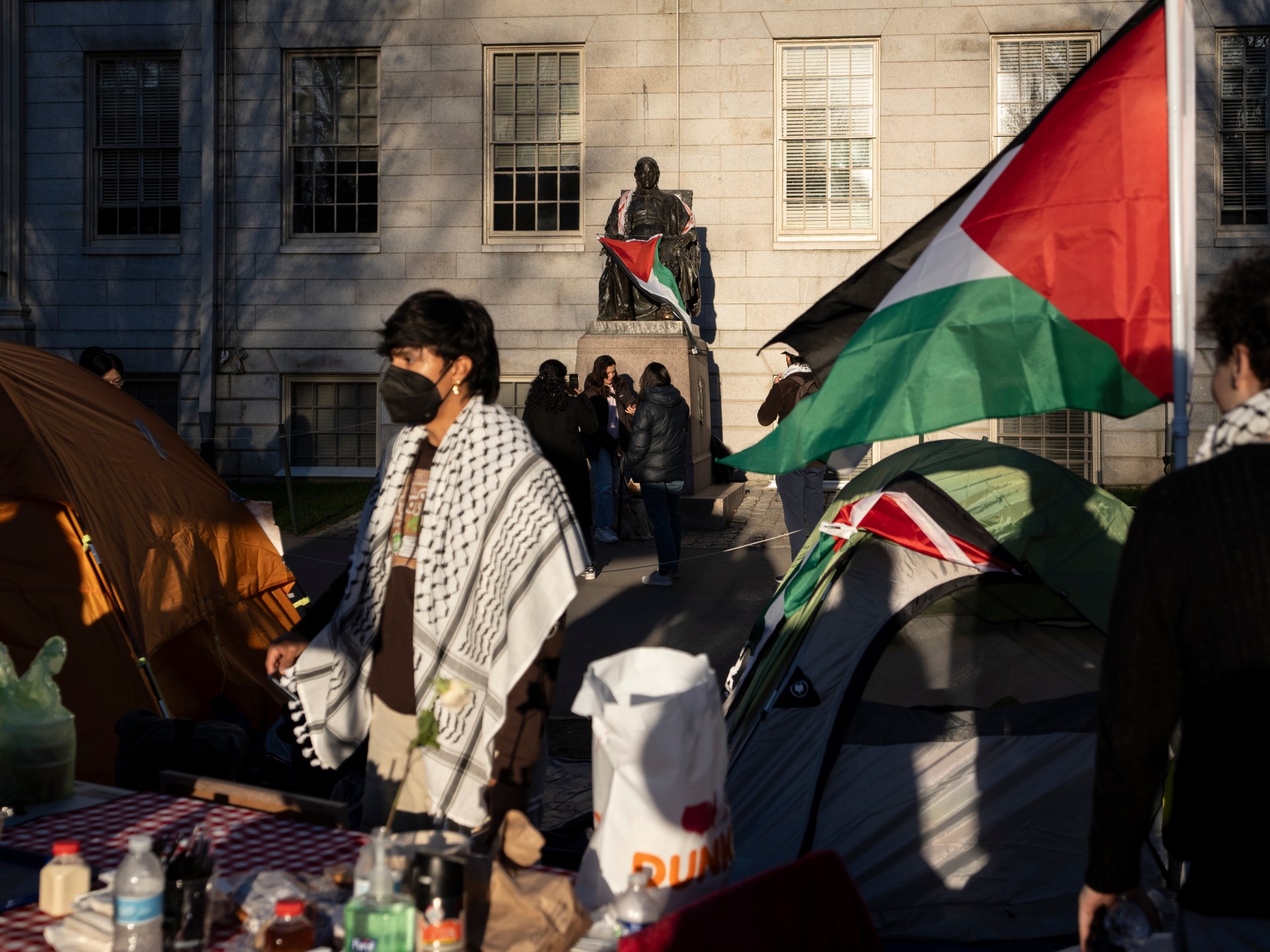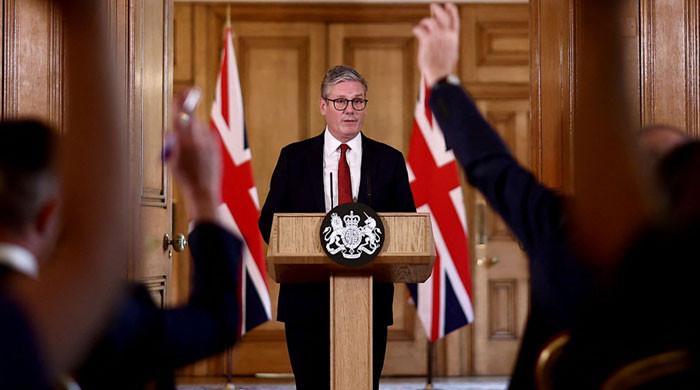- Students demand public apology from Prime Minister Sheikh Hasina.
- Crowds took to the streets again after troops briefly restored order.
- Protest group urges compatriots to launch non-cooperation campaign.
DHAKA: Student leaders rallied Bangladeshis on Saturday in a nationwide campaign of civil disobedience as Prime Minister Sheikh Hasina's government faces a worsening backlash over a deadly police crackdown on protesters.
Protests against public service quotas sparked days of chaos last month in which more than 200 people were killed in some of the worst unrest of Hasina's 15-year rule.
The deployment of troops briefly restored order, but crowds took to the streets in large numbers after Friday prayers in the Muslim-majority nation, heeding a call by student leaders to pressure the government for more concessions.
Students Against Discrimination, the group responsible for organizing the initial protests, urged its compatriots to launch a total non-cooperation movement starting Sunday.
“This includes non-payment of taxes and utility bills, strikes by government workers and suspension of remittance payments abroad through banks,” said Asif Mahmud of the group. AFP.
The students are demanding a public apology from Hasina for last month's violence and the dismissal of several of her ministers.
They have also insisted that the government reopen schools and universities across the country, all of which were closed at the height of the unrest.
The crowds on the streets have gone further, insisting that Hasina step down from office altogether.
“She must go because we don't need this authoritarian government,” said Nijhum Yasmin, 20. AFP one of the many protests organised around the capital, Dhaka, on Saturday.
The prime minister had on Saturday offered an “unconditional dialogue” with the students to address their demands, her press secretary Nayeemul Islam Khan said. AFP.
“She is willing to sit down with them. She does not want any more conflicts,” he added.
Mahmud said AFP that the students had rejected the proposal.
32 children dead
Hasina, 76, has ruled Bangladesh since 2009 and won her fourth consecutive election in January after a vote without genuine opposition.
His government is accused by human rights groups of misusing state institutions to consolidate its grip on power and crack down on dissent, including the extrajudicial killing of opposition activists.
The protests began in early July over the reintroduction of a quota system (later scaled back by Bangladesh's Supreme Court) that reserved more than half of all government jobs for certain groups.
According to government figures, there are around 18 million young Bangladeshis out of work, angering graduates who are facing an acute employment crisis.
The protests had remained largely peaceful until police and pro-government student groups attacked demonstrators.
Hasina's government eventually imposed a nationwide curfew, deployed troops and shut down the country's mobile internet network for 11 days to restore order.
Foreign governments have condemned the crackdown, with the European Union's top foreign policy official Josep Borrell calling this week for an international investigation into “excessive and lethal force against protesters.”
Home Minister Asaduzzaman Khan told reporters last weekend that security forces had acted with restraint but were “forced to open fire” to defend government buildings.
At least 32 children were among those killed last month, the United Nations said Friday.

